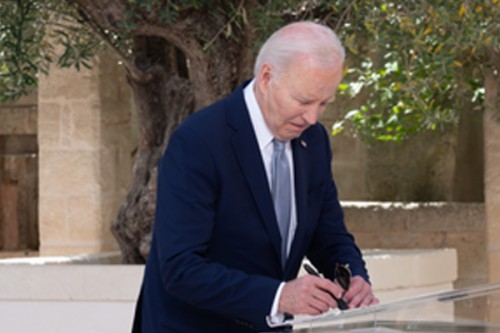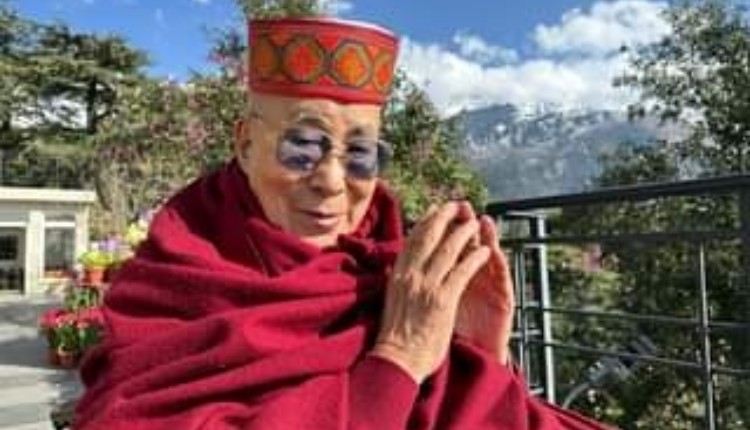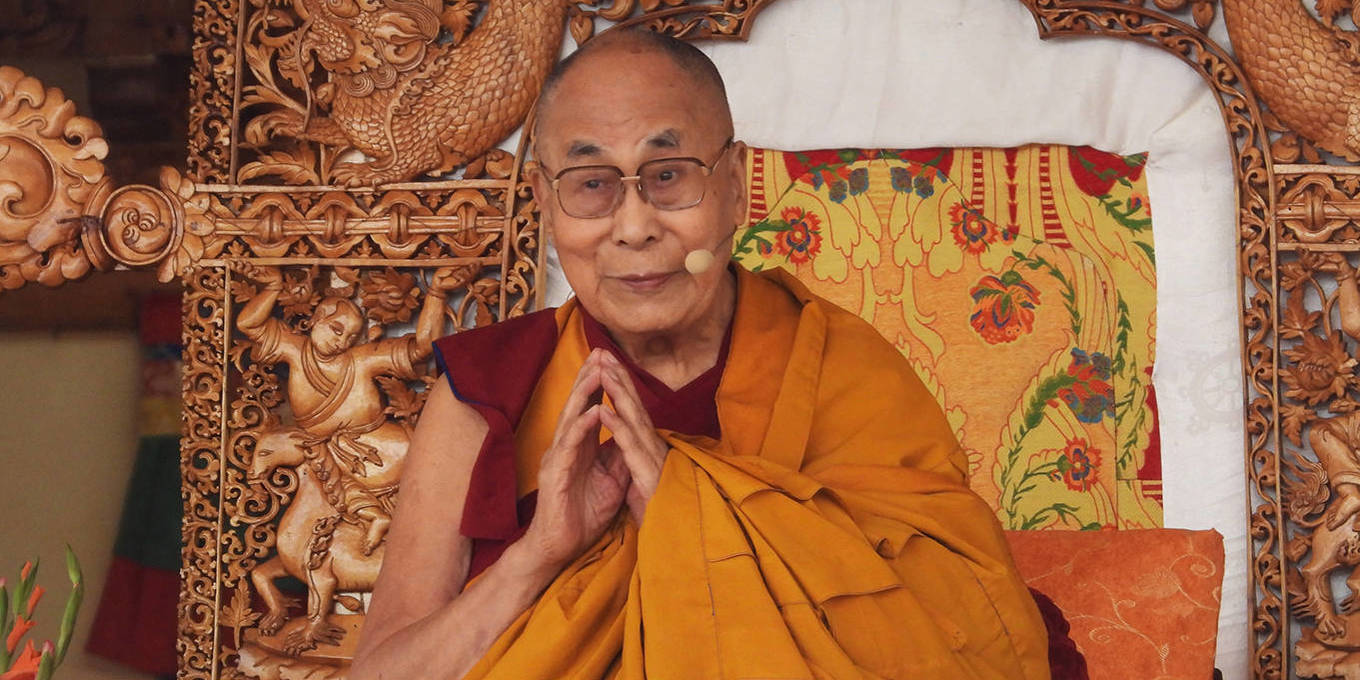






Indian Prime Minister Narendra Modi hosted a group of American lawmakers, including former House Speaker Nancy Pelosi, in New Delhi. The meeting took place shortly after the lawmakers had an audience with the Dalai Lama. This move by India is seen as a way to apply leverage on its relationship with China, particularly on issues like Tibet and Taiwan. India has been gradually reshaping its China policy since 2020, amid territorial tensions and a strengthening relationship with the United States. The border dispute between China and India remains unresolved, with both countries maintaining a significant military presence along the border. The US delegation's meeting with the Dalai Lama could have consequences for the disputed border between China and India. The growing cooperation between the US and India may have been one of the triggers for the border clashes. India's willingness to push the Tibet issue indicates a shift in its risk tolerance. China should be aware that India does not restrict access to the Dalai Lama, and there is no reason for China to escalate tensions with India or the US. [87f60860]
India reaffirms its support for the Dalai Lama, emphasizing his revered status and the respect accorded to him by the Indian people. The Ministry of External Affairs spokesperson, Randhir Jaiswal, reiterated India's position on the Dalai Lama, stating that he is a revered religious leader and is deeply respected in India. Jaiswal also provided insights into the visit of a high-level bipartisan US Congressional delegation to India, led by Congressman Michael McCaul. The delegation visited Dharamshala and held discussions with Indian Prime Minister Narendra Modi, External Affairs Minister S Jaishankar, and Commerce and Industry Minister Piyush Goyal. The visit underscored ongoing bilateral exchanges and strategic dialogues between India and the United States, encompassing various facets of mutual interest including regional security and economic cooperation. [3c5b556e]
China's embassy to the US sent a threatening letter to lawmakers who visited the Dalai Lama in Tibet, urging them to cancel the trip. The embassy claimed that the visit interfered with China's internal affairs and violated its sovereignty. Despite the warnings, a bipartisan House delegation met with the Dalai Lama in India. Staten Island GOP Rep. Nicole Malliotakis criticized China's oppression of the Tibetan people and emphasized the need to counter Chinese misinformation. The delegation also met with officials from the Tibetan government-in-exile. The Chinese embassy claimed that human rights conditions in Tibet were better than ever, contradicting reports of forced labor camps. The lawmakers highlighted the passage of the Resolve Tibet Act. House Speaker emerita Nancy Pelosi called the legislation a message to the Chinese government. President Biden has not yet signed the bill into law. The visit marked the second time Pelosi ignored Chinese warnings after visiting Taiwan in 2022. The Dalai Lama, in exile since 1959, was expected to visit the US for medical treatment. The lawmakers expressed their defiance against Chinese intimidation and their commitment to supporting Tibet's freedom. The visit highlighted ongoing tensions between the US and China regarding human rights, sovereignty, and Tibet's status. [ad754942]
China is eager to choose a puppet successor to the Dalai Lama, and this has raised concerns for the United States and India. In an opinion piece by Brahma Chellaney published in Project Syndicate, it is argued that China's influence on the succession of the Dalai Lama must be prevented. The article highlights China's desire to select a successor who will be a puppet and serve its interests. The author emphasizes the need for the US and India to work together to prevent China from interfering in the selection process. The article also mentions the ongoing tensions between China and India, particularly in relation to Tibet. It calls for a united front between the US and India to counter China's influence and protect the religious freedom and cultural identity of Tibet. The article concludes by stating that the US and India must prioritize their strategic partnership and collaborate to ensure that the next Dalai Lama is chosen based on the religious traditions and beliefs of the Tibetan people, free from Chinese interference. [11497efc]
US President Joe Biden signed the Resolve Tibet Act, a law that supports Tibet's peaceful struggle for human rights and democratic freedom. The law calls for the peaceful resolution of the Tibet issue through dialogue without preconditions and aims to counter China's lies about Tibet's history. It defines the Tibetan people as having their own distinct religious, cultural, linguistic, and historical identity and states that Chinese policies are suppressing their ability to preserve their way of life. The law was passed after three years of effort by members of Congress and various Tibet supporters. The signing of the law is seen as a statement of hope for Tibetans and a call for other countries to support their struggle. The onus is now on the State Department and the White House to champion genuine negotiation and overcome Beijing's stalling tactics. The law is a significant moral boost for the Tibetan people and a clear indication of the unwavering support of the US government towards their cause. [200b82f2]
The Dalai Lama, the Tibetan spiritual leader, has been discharged from a New York hospital after undergoing successful knee replacement surgery. The surgery took place on June 28 at the Hospital for Special Surgery, and the Dalai Lama is expected to make a full recovery. His personal medical team and office were in constant communication with the surgical and medical staff at the hospital. The Dalai Lama's office released a video statement confirming the success of the surgery and stating that he is in good health. The Dalai Lama had traveled to the US via Switzerland on June 21 for medical treatment. He is revered by Tibetans as a 'living god' and is idolized in both the East and the West. He will turn 89 on July 6, and there are hopes that he will be invited by President Joe Biden to sign the Resolve Tibet Act into law on his birthday. Despite criticism from China, the US government has provided security service equivalent to a head of state to the Dalai Lama. [1707b385]